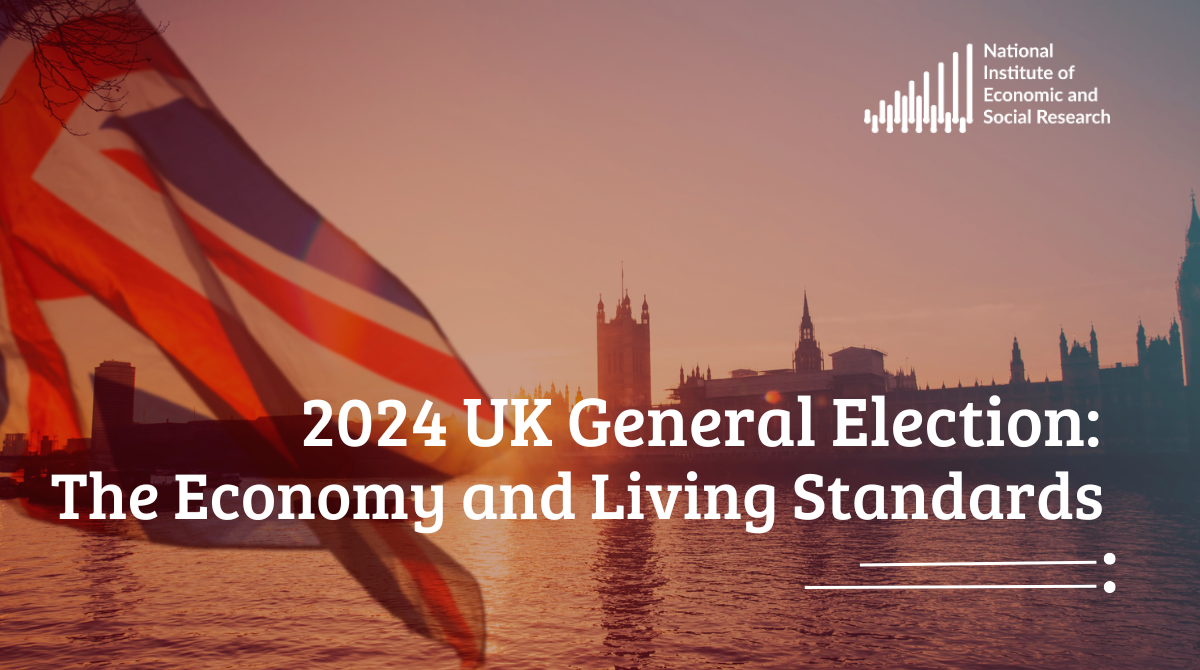Public Finances and Tax Options
This briefing examines the state of public finances, exploring risks to the government’s fiscal position and what these risks entail for the wider economy; and assesses various policies to improve the fiscal position, in particular the impact of different policy mixes on economic growth, productivity, and Real Personal Disposable Income (RPDI).
 Pub. Date
Pub. Date
30 May, 2024
 Pub. Type
Pub. Type

Key points
- Given current tax and spending plans, the debt-to-GDP ratio stands at about 98 per cent and will decrease slightly over the next five years while the deficit-to-GDP ratio will fall from currently 5 per cent to about 3 per cent, but the incoming government will either have to raise taxes or cut spending to meet the existing fiscal rules.
- Rather than pursuing arbitrary, medium-term fiscal targets, the next government should focus on long-term economic objectives when deciding their tax and spending plans.
- More public and business investment is needed to combat climate change, boost productivity, and return public services to an adequate level, which means a short-term rise in the deficit for long-term gain.
- High debt and deficit levels do not necessarily translate into worse economic outcomes; a credible plan that increases the deficit in the short run can improve the economy more than a non-credible plan that promises to decrease the deficit but reduces productivity and investor confidence.
- When consolidating public finances, the government should not increase corporation tax or decrease public investment as doing so would have long-term, negative consequences for the supply side of the economy.
- Instead, the focus should be on cutting government consumption spending and increasing income taxes if they want to improve the deficit.
- However, the government must be careful when deciding what is categorised as an investment – for example, human capital and other intangible assets should be included.
- Alternative policies, such as land value taxes and progressive consumption taxes, should be considered and introduced slowly; these policies can enhance welfare and productivity more than traditional ones do.

Funders











